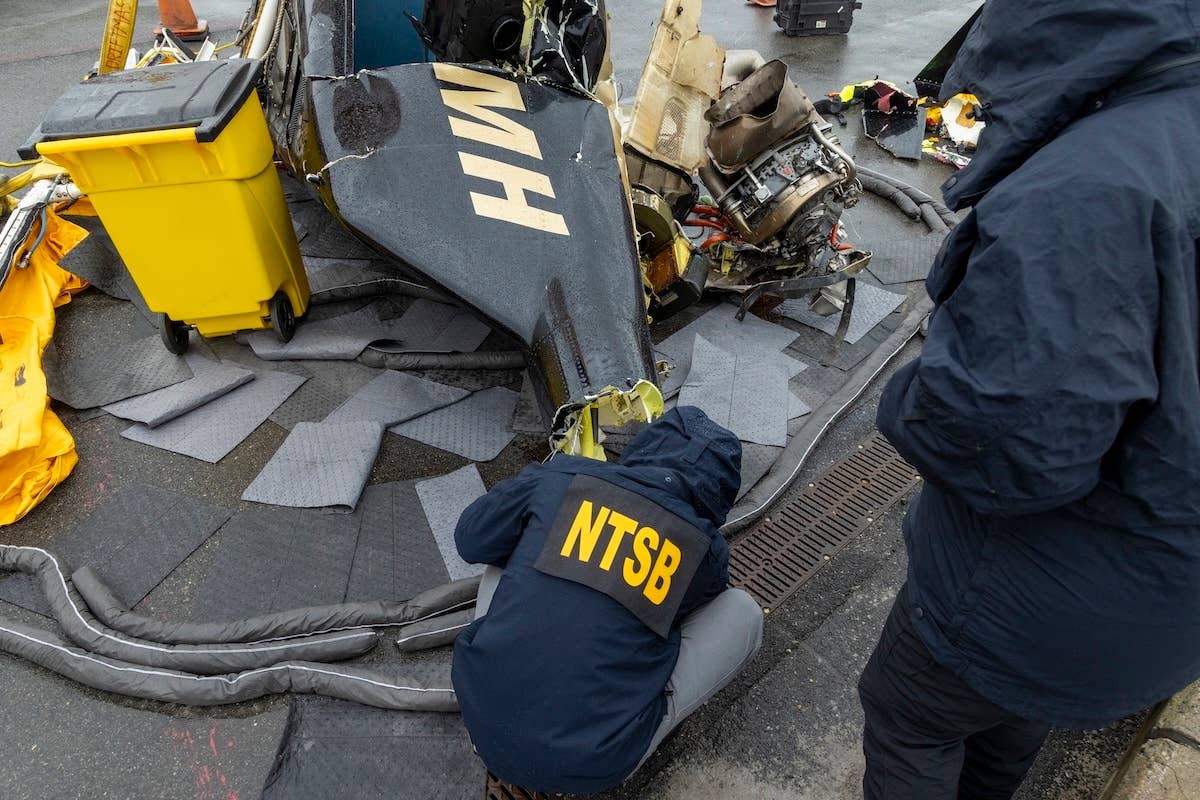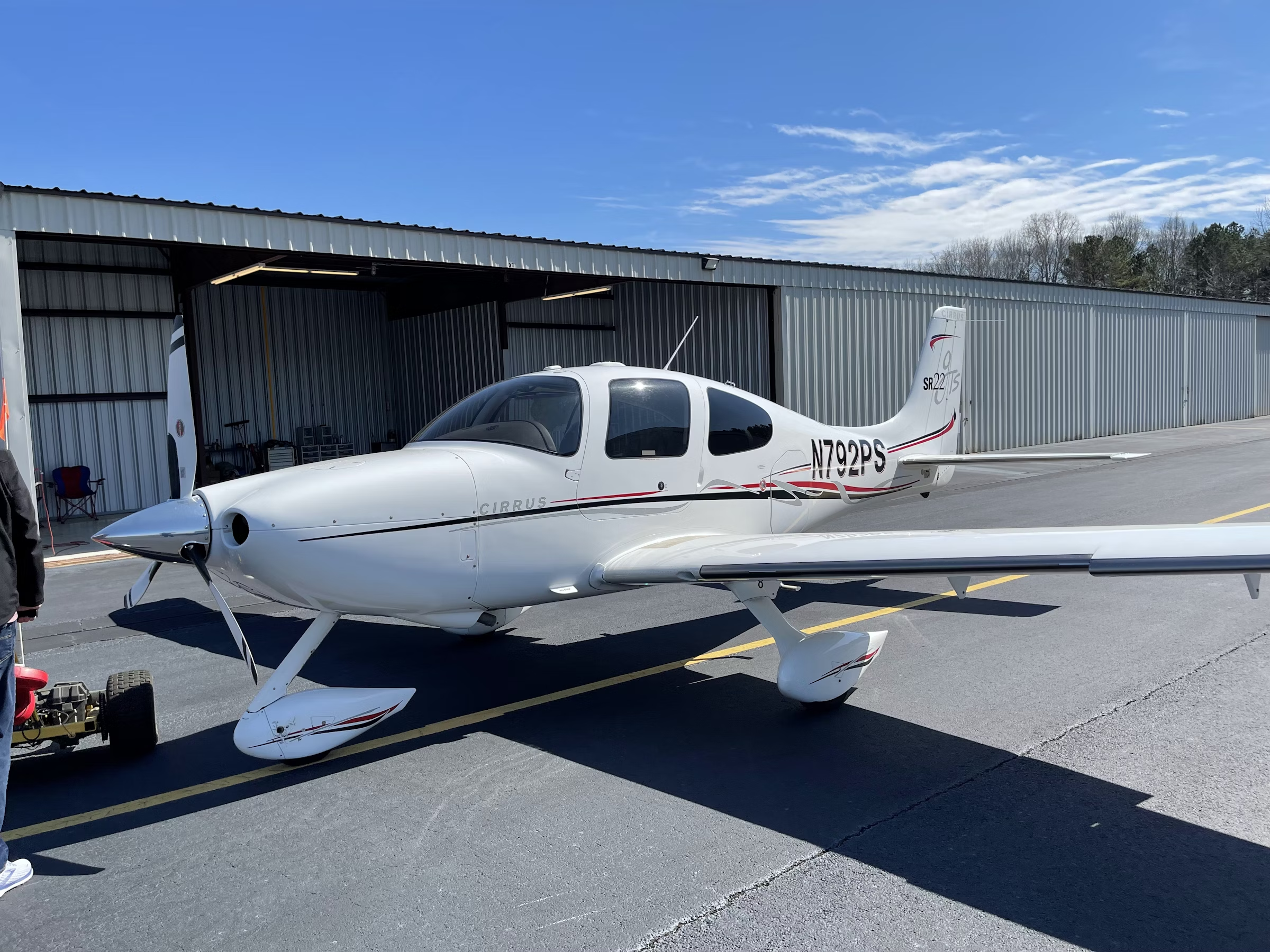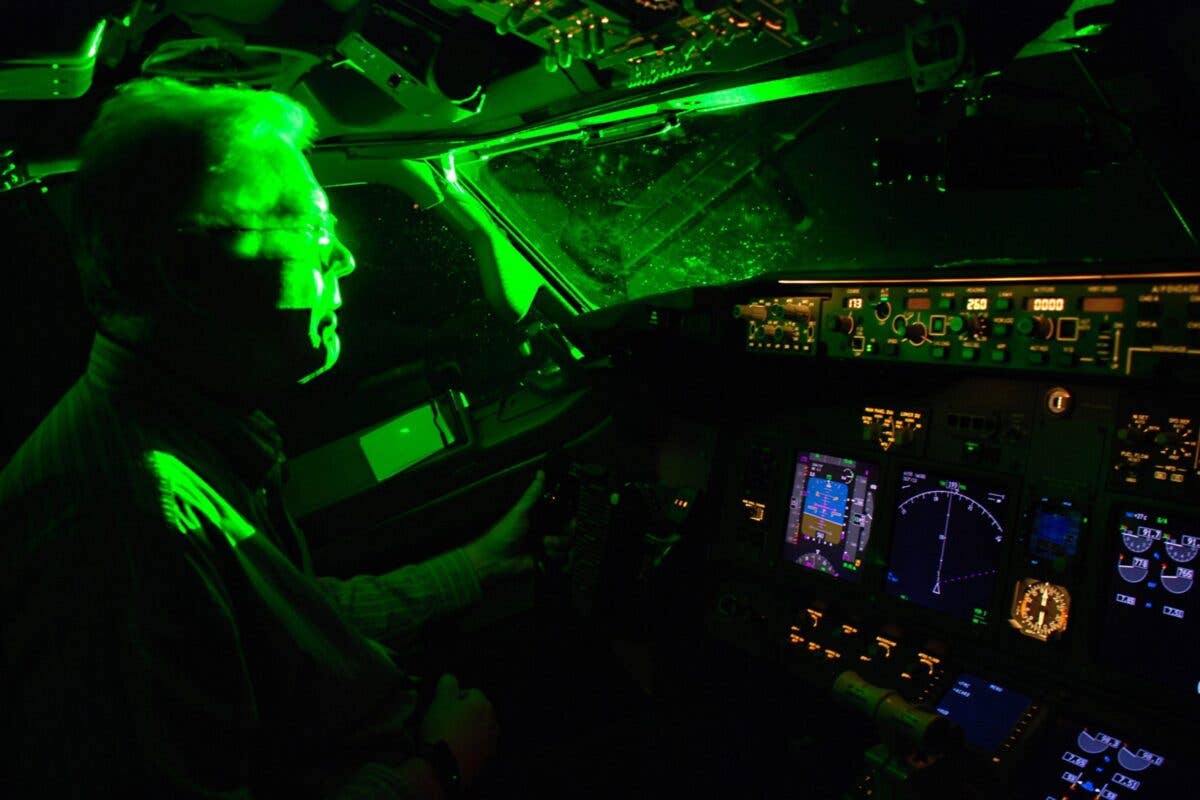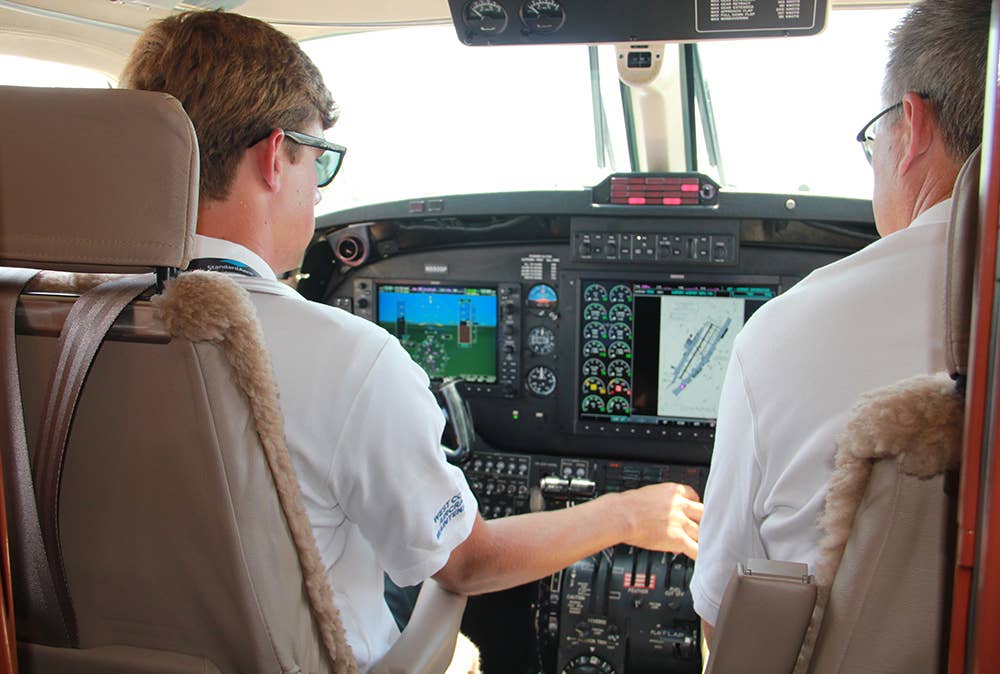Frontier Issues Open Letter to Spirit Shareholders Ahead of Vote
The Denver-based carrier is trying to sway Spirit decision makers to merge with it instead of JetBlue.

Frontier and Spirit announced plans to merge in February. [Courtesy: Frontier Airlines]
After sweetening its offer last Friday to merge with Spirit Airlines (NYSE: SAVE), Frontier (NASDAQ: ULCC) issued an open letter to Spirit’s shareholders to finalize its case for why they should choose Frontier over JetBlue (NASDAQ: JBLU).
Frontier and Spirit announced plans to merge in February before JetBlue decided it wanted Spirit for itself. This has caused much back and forth, particularly between Spirit and JetBlue. Spirit described JetBlue’s offer as “unsolicited” and argued that it wasn’t likely that a deal between them would close due to possible antitrust scrutiny.
"The strategic rationale of a combined Spirit and Frontier remains sound, and the changes we have made to our merger agreement provide greater value for all Spirit stockholders."
Frontier Airlines' letter to Spirit stockholders
However, JetBlue kept increasing its bid to buy Spirit, even at a premium over Frontier’s offer. Spirit’s board of directors finally postponed the original shareholder vote from June 10 to Thursday in order to thoroughly assess both offers.
This time, intent not to lose out, Frontier increased its cash offer last Friday, committing another $2 per share—up to $4.13—and an increased reverse break-up fee worth $350 million if the deal didn’t close.
The letter to Spirit’s shareholders Monday, signed by Frontier’s board chair, Bill Franke, and its president and CEO, Barry Biffle, said, “The strategic rationale of a combined Spirit and Frontier remains sound, and the changes we have made to our merger agreement provide greater value for all Spirit stockholders.”
They described the JetBlue offer as an “illusory proposal” and said it lacked “any realistic likelihood of obtaining regulatory approval.”
Frontier argues that Spirit shareholders could see an upside in the share prices, as much as $50 per share, when its offer is combined with increasing consumer demand for travel. Together, these elements could result in approximately $500 million in estimated annual net merger synergies. Moreover, they cite a recent report from leading proxy firms, ISS and Glass Lewis, who weighed in on the negotiations and recommended a vote for the combination with Frontier.
JetBlue is already facing antitrust scrutiny for its Northeast Alliance with American Airlines (NASDAQ: AAL). The DOJ argues that it is anti-competitive and a de facto merger. Both Spirit and Frontier have said this is a red flag that would make a tie-up with JetBlue unlikely. In its latest statement, Frontier said the JetBlue pitch was a “dead end” and that “no amount of JetBlue money, bluster, or misdirection will change.”
A merger between Spirit and Frontier would make the combination the fifth largest national carrier, pushing JetBlue to sixth place. Frontier said that, with Spirit, it would be able to “supercharge the ultra-low-cost carrier model to increase industry competition,” in a way that JetBlue would be unable to because of the mismatch in fleet and business models.
All eyes are now on Thursday when Spirit shareholders are set to vote unless Spirit’s board of directors decide beforehand like they initially said, or JetBlue—maybe one final time—sweetens its deal again.

Sign-up for newsletters & special offers!
Get the latest FLYING stories & special offers delivered directly to your inbox






